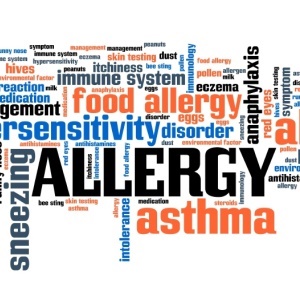
Most colleges don't have comprehensive programmes to support students with food allergies, putting them at risk for life-threatening allergic reactions, according to a new study.
Students feel vulnerable
"Our study found that while many colleges offer support for students with food allergy in the dining hall, the same support doesn't carry over to organised sports, dormitories or social events" said lead author Dr Ruchi Gupta, an associate professor of paediatrics at Northwestern University.
"That leaves students feeling vulnerable and scrambling to inform all the various departments of their needs," she added in a news release from the American College of Allergy, Asthma and Immunology (ACAAI).
The study also found that students with food allergies are willing to help educate others on campus about food allergies.
Read: Managing food allergies
"Parents tell us they need to educate everyone, literally everyone – professors, other students, the librarian and the person putting food on your kid's plate," Gupta said. "Giving a student support from peers, staff and the college itself is critical in providing a safe and positive environment."
Teens at highest risk
The research was to be presented at the annual meeting of the ACAAI in San Francisco. Research presented at medical meetings should be considered preliminary, because it has not been subject to peer review.
In the news release, Dr David Stukus of Nationwide Children's Hospital in Columbus, Ohio, explained how fellow allergists can help students with allergies safely adapt to college.
Stukus said teens are the age group at highest risk for life-threatening food allergy reactions. Usually, it's because they don't have epinephrine with them all the time. "But they also face social pressures that cause them to not speak up when dining with peers," he said.
Read: Food allergies: few good studies
Stukus said those with food allergies need to understand the symptoms of an allergic reaction. "College students must know how and when to use epinephrine auto-injectors, how to read labels and what to communicate to food handlers," he said in the release. "They must also have epinephrine available at all times in case of accidental ingestion leading to a severe allergic reaction."
Read more:
Food allergies affect 1 in 12 kids
New Guidelines Aid in Diagnosis of Food Allergies
Food allergies cost US $500 million a year




 Publications
Publications
 Partners
Partners











